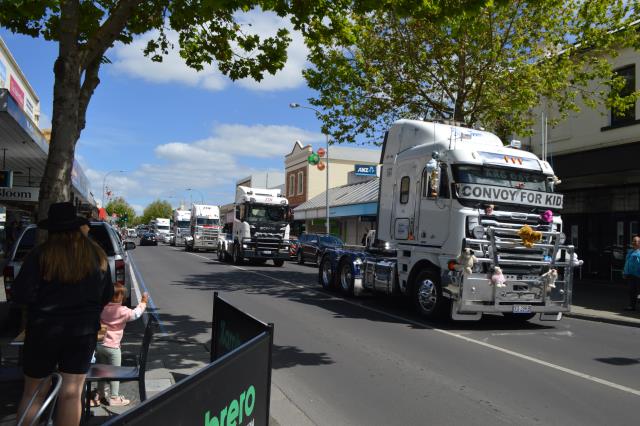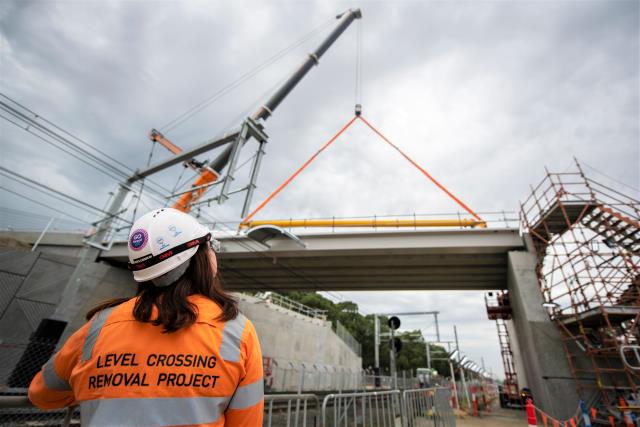The Electric Vehicle Council (EVC) and Australian Trucking Association (ATA) have collaborated to develop the policies for the future of electric vehicles.
Australia currently lags most of the world in the electrification of trucks; of the 58 electric truck models available in North America, Europe and China, just 14 are available in Australia.
Electrification would assist trucking businesses and supply chains by ending diesel costs, reducing maintenance costs, improving urban efficiency and delivering better conditions for truck drivers.
A host of recommendations were made including exempting electric trucks from urban curfews, changing Australian weight and width limits to accommodate batteries, exempting electric trucks form stamp duty and providing incentive payment to reduce the cost of installing charging infrastructure and reduce the upfront purchase price difference between zero emission trucks and internal combustion engine trucks.
CEO of the EVC, Behyad Jafari said it is necessary to implement the policies for governments to meet emissions reduction targets.
“Every government in Australia has committed to net-zero, but this can’t be achieved without decarbonising the transport sector,” Mr Jafari said.
“Curfew-free operations are a huge opportunity, creating benefits for operators optimising fleet operations and to the community through reducing peak hour traffic and congestion.
“We need the government to read these recommendations and get moving fast. If we implement them swiftly the benefits to Australian trucking, our economy, and our environment will be truly massive.
Australian Trucking Association Chair, David Smith says electric power will be a game changer for the industry.
“It costs about $117 to fuel a diesel truck for 300 kilometres, but just $18 for an electric truck,” Mr Smith said.
“If Australia gets left behind on the transition to electric and zero emission trucks, we risk our supply chains and exporters getting stuck with high, globally uncompetitive per kilometre freight costs.”
“Trucking operators face a number of barriers to buy and use an electric truck and these must be addressed to lower freight costs, improve fuel security and reduce emissions.”
The policy agreement between EVC and ATA was arrived at through a series of workshops held to identify challenges for the sector involving some 50 participating organisations including truck manufacturers, fleet operators, and charging infrastructure and electricity providers.
The number one manufacturer of electric trucks in Australia, SEA Electric, supports the policy release.
SEA Electric is an Australian company with global reach specialising in assembly and electrification of commercial vehicles worldwide and has a manufacturer in Dandenong South.
SEA Electric President, Asia Pacific Region, Bill Gillespie said that SEA Electric has been working closely with the Electric Vehicle Council and the ATA to develop the key pathways for zero-emission transport in Australia.
“We commend the work of the Electric Vehicle Council and the Australian Trucking Association in promoting the move to electric trucks and drafting these policies,” said Mr Gillespie.
“Australian industry will need encouragement and leadership to create a viable pathway towards zero-emission truck acquisition, with further work required by all levels of government in showing leadership.
“We call on close cooperation with the transport industry to support the faster adoption of policies to support the electrification of trucks on our roads.
“Given that the road freight sector accounts for 38 per cent of the country’s total transport emissions, it is SEA Electric’s view is that if Australia is planning to meet its 2050 net carbon emissions targets, then more broad-ranging government support will be required to ensure that companies can scale accordingly in an affordable manner.”
Founded in Melbourne in 2012, SEA Electric last year commenced series production of all-electric trucks locally, in the process becoming the first manufacturer worldwide to release a comprehensive range of EV solutions for a massive array of final applications.
“From our origins, we have grown to have a presence on five continents with the ability to upfit 60,000 units a year globally, and as such, we have a stated mission to eliminate over a billion kilograms of CO2 emissions over the next five years worldwide,” Mr Gillespie added.
Early successes for SEA Electric include working with manufacturers such as Hino, while in December, the company announced an agreement to supply Midwest Transit Equipment with 10,000 systems for use in North American school buses.
Details on SEA Electric’s Australian range, plus its dealer network, can be found at www.sea-electric.com/en_au.

















